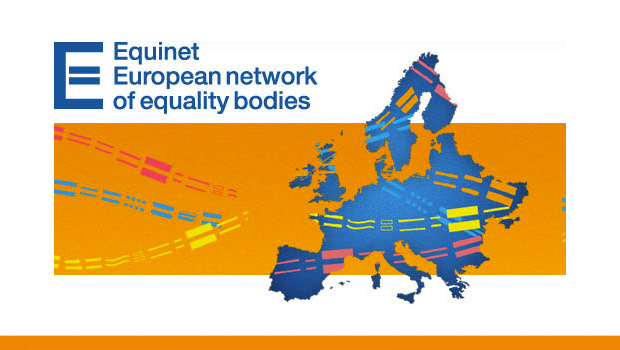To better protect people exposed to discrimination, states should step up the efficiency, independence and impact of equality bodies, says the Council of Europe’s anti-racism commission (ECRI) in a new set of recommendations to the European governments published today.
The new General Policy Recommendation of the European Commission against Racism and Intolerance (ECRI) draws on existing good practices and focuses on the key elements for the establishment and effective functioning of equality bodies. These bodies should be established by constitutional provision or parliamentary legislation, be set up as a separate legal entity and work without interference from the State or political parties.
“Equality bodies play an essential role in advancing equality and combating discrimination and intolerance. The ECRI General Policy Recommendation on the establishment and functioning of equality bodies recognises the importance of their work and offers clear guidance on how Council of Europe Member States can strengthen equality bodies to achieve equality and social cohesion. Equinet supports this call for independent and effective equality bodies with the powers and resources to ensure that our rights to equality are applied on the ground and made accessible to all,” according to Equinet Chair Tena Šimonović Einwalter and Deputy Ombudsman. She is also a representative of Croatia at ECRI, and was also head of the working group that made the recommendations.
Equality bodies should have two key functions: (i) to promote equality and prevent discrimination, in particular by conducting inquiries, pursuing research, raising awareness, supporting good practice, making recommendations and contributing to legislation and policy formation; and (ii) to support those exposed to discrimination and pursue litigation on their behalf. Equality bodies can have an additional function of deciding on complaints of discrimination by taking legally binding decisions to impose sanctions, or by making non-binding recommendations.
ECRI’s Chair Jean-Paul Lehners pointed out that people exposed to discrimination and intolerance often lack the ability or the resources to protect their rights. Equality bodies therefore have an important role to play in helping and solving their problems.
Strengthening the equality body is especially necessary due to the challenges facing citizens across Europe today, so Equinet welcomes recommendations for boosting its independence, efficiency, functions and powers, as the result will ultimately be an equal society for all.
PREMS 020518 GBR 2567 Fiche ECRI Rec 2 A4
REC-02rev-2018-006-ENG


